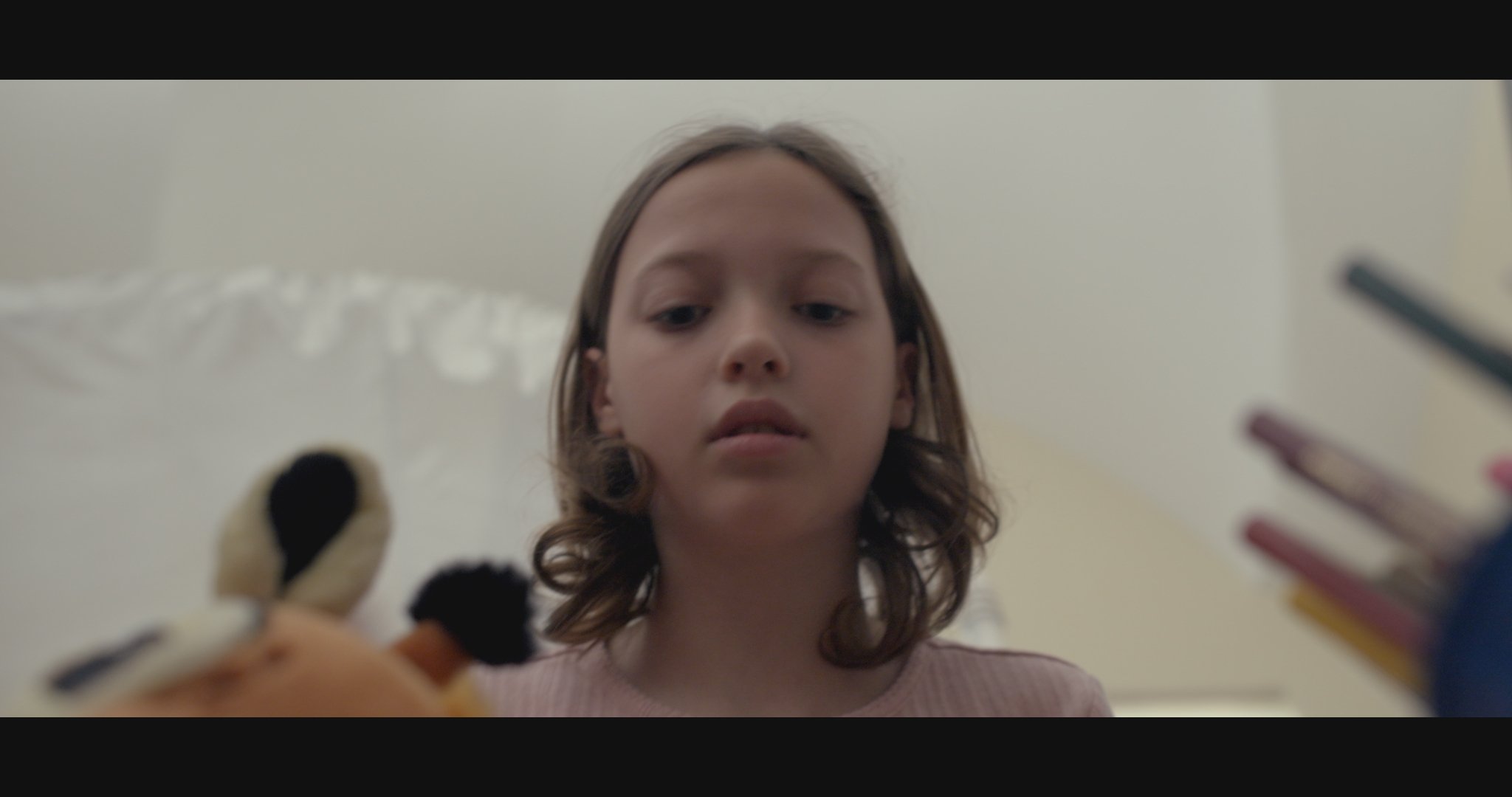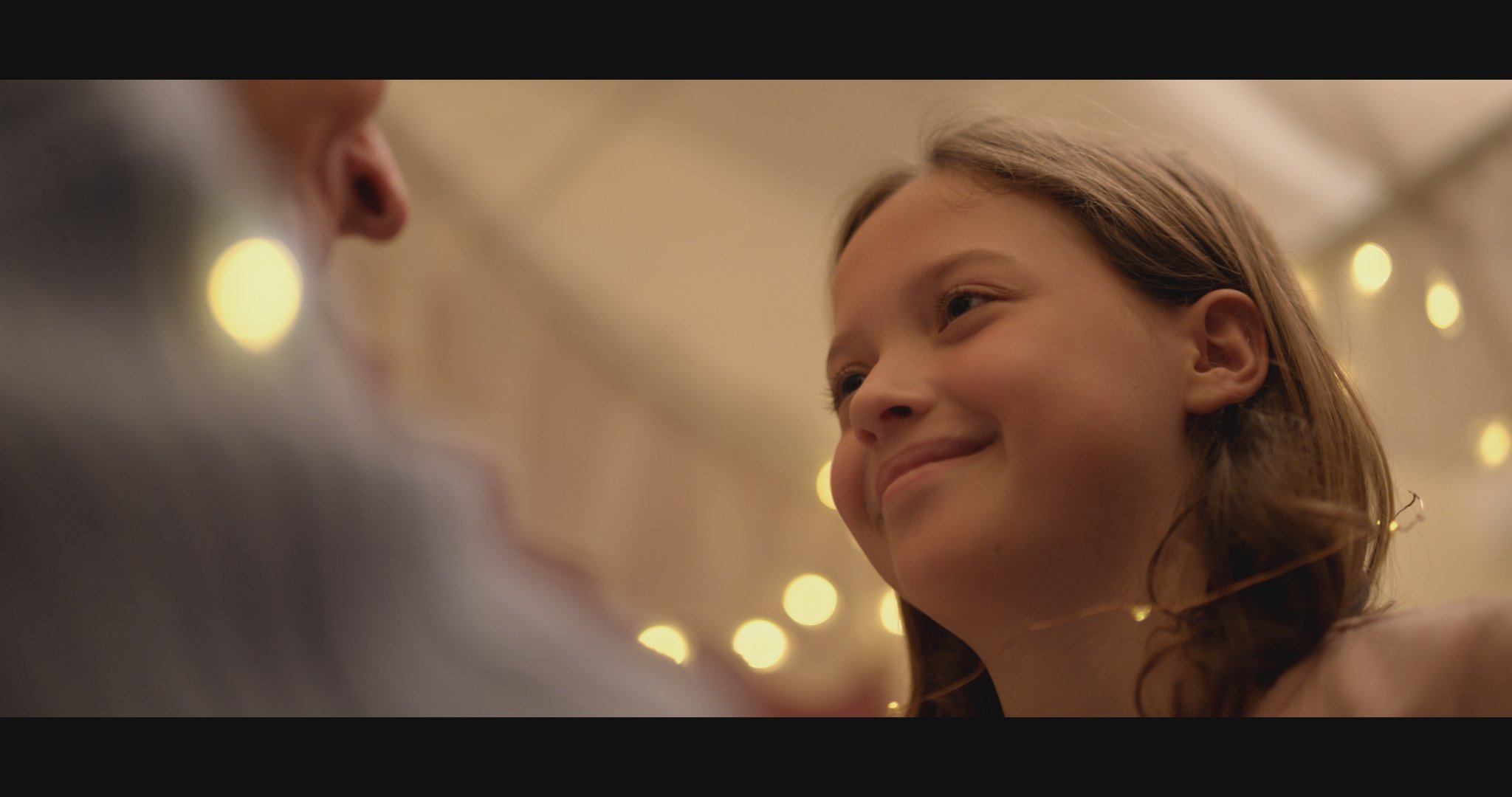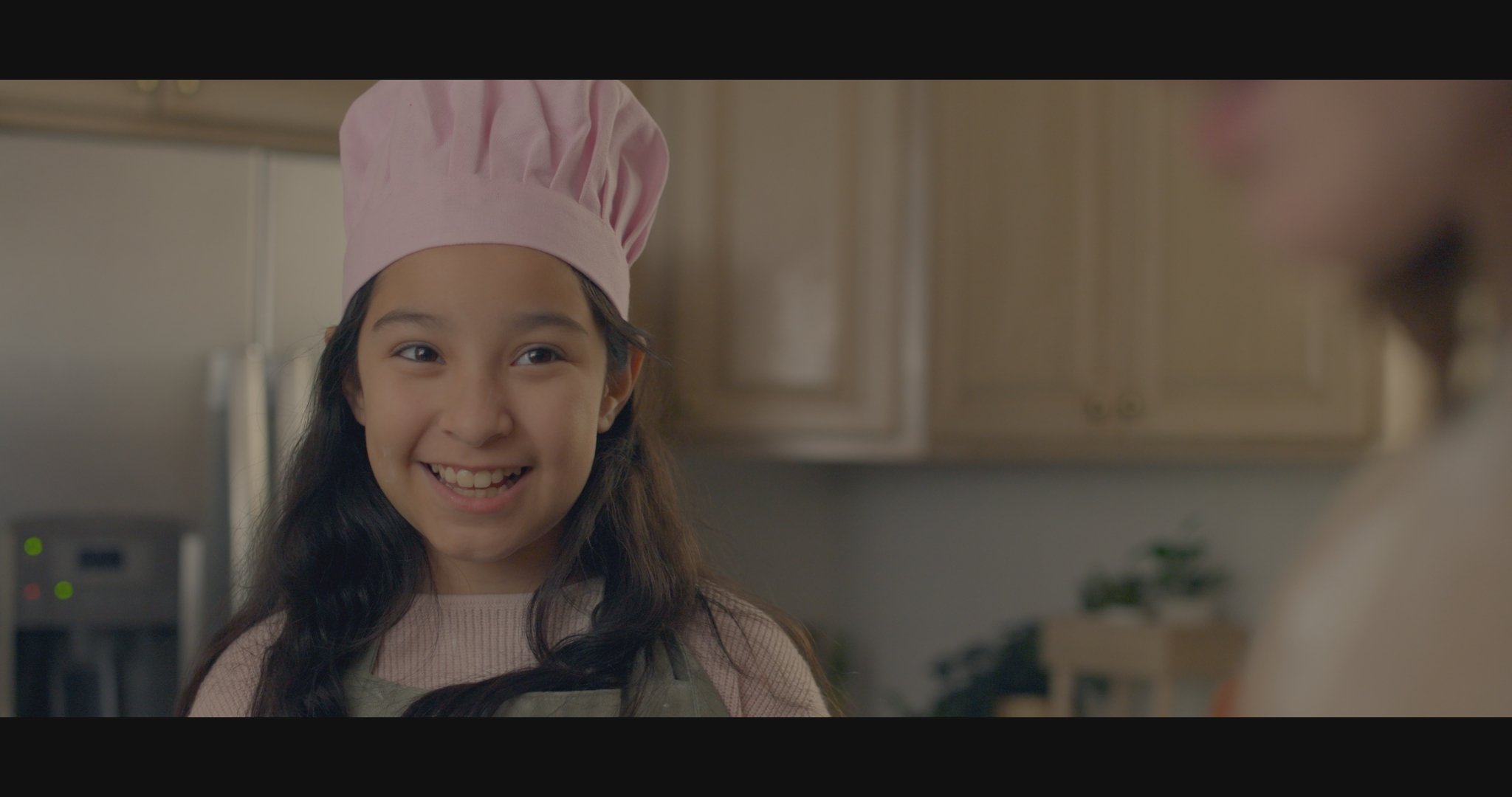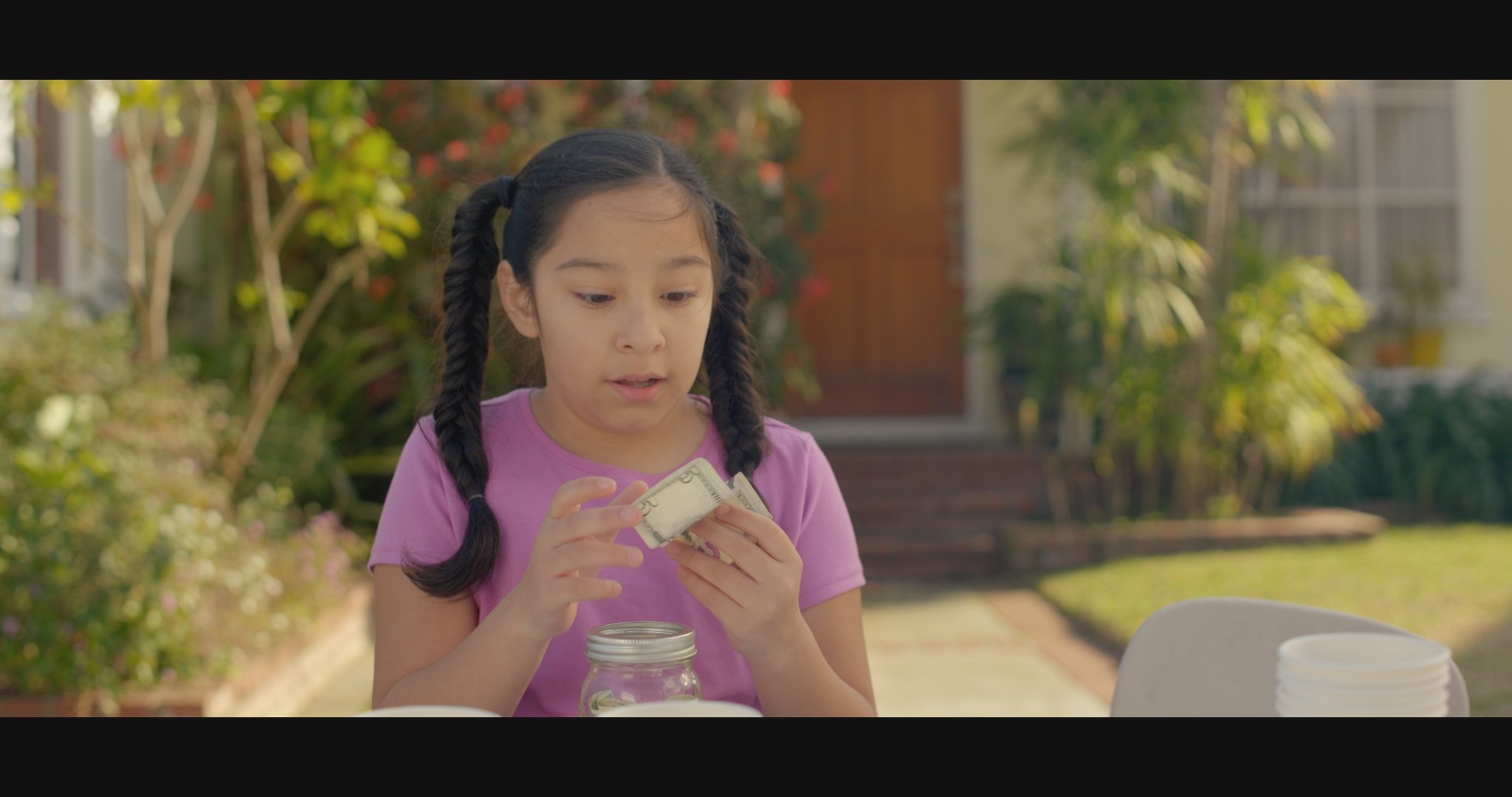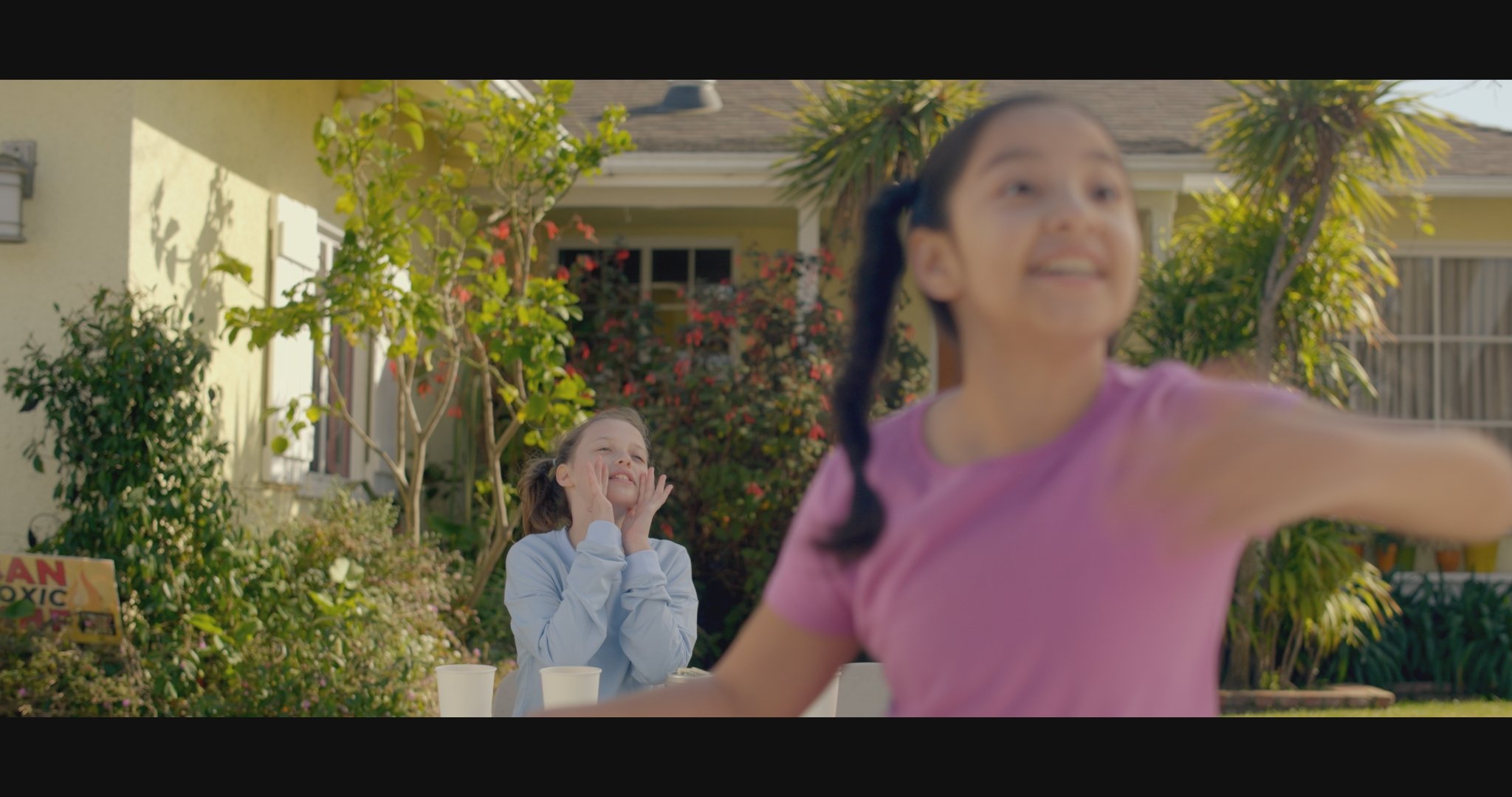Inspiration
Intern Spotlight
// amy roach shines at usc film school
The Inspiration
Amy interned with W2 Films during the summer of 2021 with the ambition to learn. And she was in pursuit of the goal of being accepted into the acclaimed film school at the University of Southern California (USC School of Cinematic Arts). She was accepted and now has her first short film to place on her soon-to-be flush filmography. Amy is a talented filmmaker with a passion for storytelling and an awareness of how stories can make a difference in the world on issues that matter. Here’s the film and our interview with Amy.
© 2023 UNIVERSITY OF SOUTHERN CALIFORNIA, ALL RIGHTS RESERVED
Tell us your story and how you were drawn to filmmaking.
The event that sent me on my filmmaking journey was applying to college. When I applied to USC, I held many passions but felt indecisive about where my intellectual curiosity would pull me. I decided upon political science, thinking it was a good fit in my pursuit of social justice. I intended to add a film minor to feed my creative inclinations. As it turns out, focusing on film as a minor did not feel sufficient. The thought of pursuing a career in politics with no time to make films felt like engendering a life without air. I envisioned a life that would drive me to experience the joy of creating change, a life that allowed me to express my creativity and thoughtfulness in transformative ways. After taking an ideation class during my first year at USC, I had the opportunity to make a short documentary about a subject of my choosing. Upon creating the project, I discovered that documentary filmmaking was the bridge between my love for filmmaking and my passion for social justice. Since then, I have explored both fiction and nonfiction storytelling media and found joy in collaborating with other students.
The USC School of Cinematic Arts is a revered institution in filmmaking education and training. What is the program like and what do you have the opportunity to learn there?
USC’s School of Cinematic Arts has been the perfect place for me to explore and delve into all aspects of filmmaking. It is a place where exploration is valued, and collaboration is fundamental. The program is cohort-based and allows for the kind of collaboration and relationship-building required to succeed in the industry. Through classes where we can experiment with screenwriting, cinematography, directing, producing, editing, and sound design, the program encourages students to become well-versed in all pillars of the filmmaking industry. In the core production classes, you make short films and documentaries that you can submit to film festivals, and you are required to participate in thesis projects during your junior and senior years, some of which are funded by the school. USC gives access to valuable resources and facilities, partnering with incredible companies that provide various kinds of equipment and software, to prepare us for the rigor of the entertainment industry. While the program has a fast-paced environment, it continues to expand my bounds of creativity and makes every learning experience a very valuable one.
We've seen your passion for storytelling firsthand. Do you still see filmmaking and content production as a means of achieving your goal?
As a student with the ambition to be an international documentarian, I am passionate about documentary’s power to inspire and enact social change. My desire to let my creativity roam freely coupled with my background in political science motivates my passion to bring socio-political documentaries to fruition. I hope to make universal issues personal to each viewer, amplifying marginalized voices and inspiring audiences to take action on the issues they are passionate about. Beyond just introducing an issue, I hope my bold future documentaries will emerge as vehicles for social change, conveying a sense of urgency, and perhaps even an obligation for its viewer to commit to deeper understanding and action. Ultimately, I aspire to capture that level of raw humanity on film to empower viewers to not just witness intimate journeys but remember the lived experiences of those on the screen long after the credits roll.
There is a charming originality to Nostalgia. We love it. Where did the idea come from?
For some reason, I have always been fascinated by nostalgia as this sort of bittersweet feeling. I wanted to create something that allows viewers to see both sides of nostalgia. In my pursuit of exploring this feeling, I decided to personify nostalgia in a unique way. When delving into what kind of story I wanted to tell, I reflected on what I am most nostalgic for — my childhood. Inspired by the story of my lifelong best friend moving away, I yearned for a charming aspect to supplement a story centered around a childhood friendship. Thus Nostalgia, an elderly woman with magical time travel powers, was born!
The production values are stellar and you had a full cast and crew to work with. Who was involved and how was the experience leading everyone through the process? How involved was the faculty at USC?
I made Nostalgia for my junior thesis class at USC where we essentially work in trios to make 6-minute short films in six weeks. Switching between the roles of writer/director, cinematographer/editor, and producer/sound designer, we complete three short films from start to finish by the end of the semester. While the class is incredibly fast-paced, sacrificing weekends to shoots, I developed close relationships with my trio-mates, received access to advanced equipment and resources, and learned how to bring my creative vision to life on the big screen. Apart from the core trio, underclassmen in the film school volunteered their time to our set days, which was a tremendous asset to have extra hands on deck. For many of us, this was the first time we directed a scripted short film, so the professors were there to give us as much or as little support as we needed. Offering advice on dailies and cuts along the way coupled with guidance on pre-production plans was most helpful. Through breakouts with each of the five professors, we delved more deeply into the technical skills required to carry out our visions. My favorite part of filmmaking is collaboration and problem-solving. To have a team so dedicated to making art was truly something special that I hope to emulate in future projects.
You wrote and directed the film. Is that your ambition moving forward or are there other areas of filmmaking you want to explore?
While I adored writing and directing this fictional film, my ambition is to become a documentarian creating films about critical social issues across the globe. Although I entered the program chiefly interested in documentaries, I have discovered the joy and collaboration of scripted films as well. In the future, I hope to direct documentaries while hopefully maintaining a presence in the scripted space. Not ruling anything out, I look forward to expanding my skill set, exploring different roles, and finding projects that excite me as a filmmaker!
What advice do you have for aspiring filmmakers and content creators?
It seems silly for me to advise aspiring filmmakers as I consider myself to be one, but I will pass on the advice I once received: go out and make films! Whether filming on an iPhone or editing on iMovie, I have learned something valuable every time I have created something new. Surround yourself with good people with similar values, and make sure you are having fun creating art. Give yourself some grace and be persistent if things don’t fall your way. My last piece of advice is every time you have the opportunity to work with others, treat it as a learning experience and soak it up like a sponge.




